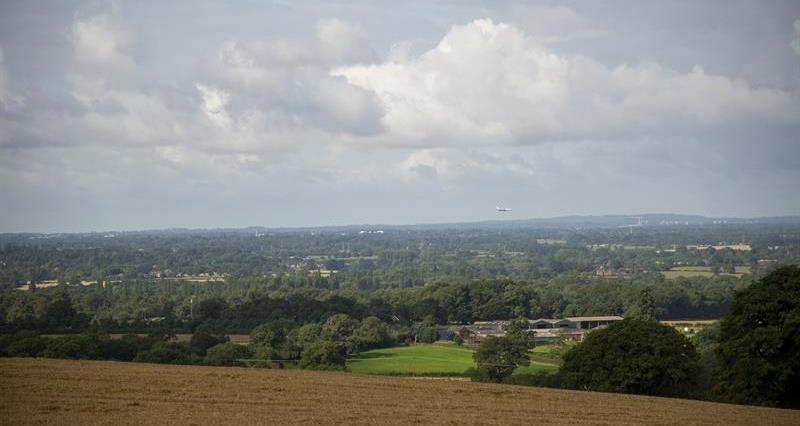The OEP (Office for Environmental Protection) has published its first report regarding the government’s 25 Year Environment Plan – a plan in essence to leave the environment in a better shape for future generations.
There are few (I would hope) who would disagree with this premise. It’s a bit of a no-brainer. If we continue to degrade our environment we will soon start to degrade our very survival. Arguably this is already the case. Its our job to reverse this trend.
Tough choices will need to be made and priorities will need to be re-focused.
OEP report findings
The OEP’s report ‘applauds the ambition’ of government but points out that ‘progress has been slow’.
As a farmer I would use very similar terms for the flagship ELMs programme which will be central to success. It is grinding slowly on and currently isn’t engaging enough with farmers as they face a multitude of issues. It’s a fast moving world out there and ELMs needs to keep up.
Ambition is one thing, but in the end it is merely words. What we need to see is tangible results, as the report points out. The environment on many farms has been improved over the years, through various schemes, voluntary measures and initiatives. Be it biodiversity, soil health or water quality, huge strides have been made, but much more can be made.
“Agriculture is picked out by the OEP as a driver placing pressure on water quality, habitat loss, soil degradation and ammonia emissions and in need of government prioritisation and immediate action."
NFU Environment Forum chair, Richard Bramley
Central to the plan to achieving the government’s aims will be to engage, support and enthuse farmers as they deliver these improvements. And this needs to be alongside recognising the absolutely vital role of producing our nutrition, alongside energy, bio-materials and fibres and many other aspects of human health and well-being.
Suggested direction to deliver results
The OEP’s report singles out six building blocks needed to set direction and deliver results.
1. Understanding environmental drivers and pressures
The first building block, ‘Understanding environmental drivers and pressures’ is pretty key. We are a very populated island which places huge demands on its landscape. Human activity is harmful in many ways. These need identifying and addressing in a way which factors in the unavoidable reality of our impact.
2. Creating a vision
The second building block is around creating a vision. I’d say that has already been made and there is little point wasting more time producing yet another vision. However, one which recognises the importance of food provision and integrates it better might be a suggestion.
3. Setting targets
Point three around setting targets in such a complex web of interactions could create as many problems as opportunities. Targets can set up a process to fail. Continuous improvement is really the only option – progress is progress.
4. Coherent strategy and policy
The fourth building block, namely a ‘coherent strategy and policy’ is on a par for importance with the first. Defra is currently proving good at producing initiatives. Many overlap each other which is creating complexity. Complexity will hinder delivery. That coherence also needs to tie in across government, not just within Defra. Remember it is human needs, activity and behaviour which is causing the impact on our environment. It isn’t just an issue within Defra, but in the actions of every aspect or every department in government. Just as environmental decline isn’t just an issue at the door of farming, there is a collective responsibility.
5. Governance, monitoring and reporting
The final two blocks around governance and monitoring, assessing and reporting are needed to manage and understand progress.
Agriculture
Agriculture is picked out by the OEP as a driver placing pressure on water quality, habitat loss, soil degradation and ammonia emissions and in need of government prioritisation and immediate action.
Good farming, properly valued, has already made progress but much more can be achieved given the right approach. Farmers are under a huge amount of strain currently dealing with a great deal of uncertainty. Schemes at farm level need to be simple to access and open to all. They need to reflect and reward the effort and be fixed for the long term. We cannot lose sight of our declining self-sufficiency in food in the UK. This is a very bad long-term route we are on and its reversal is as important as reversing environmental decline.
Government and the OEP need to recognise that the response to this should not be a ratcheting up of policy, thus creating more complexity, in an effort to try and show that something is being done. Getting what we currently have to work better to deliver results is the way forward – not more initiatives. And the process will need sufficient funds as getting it wrong is not an option.

